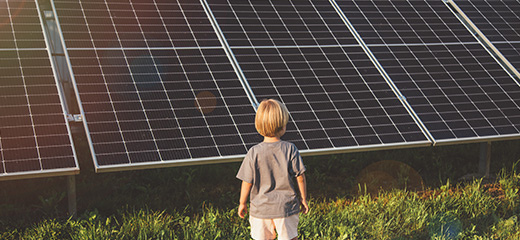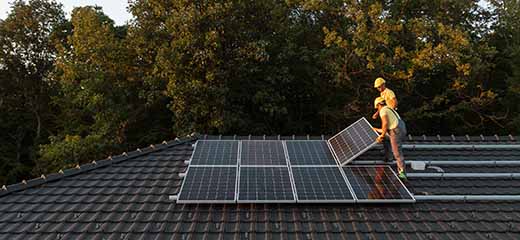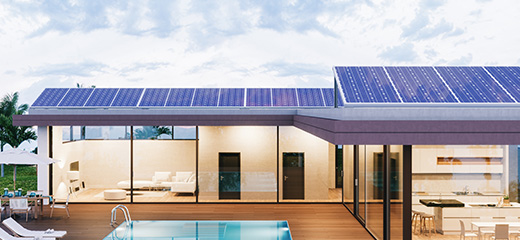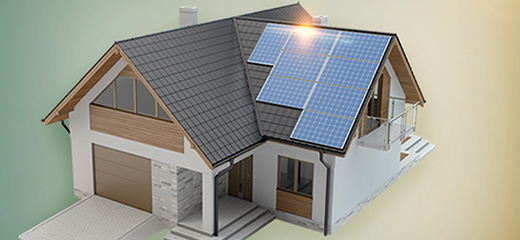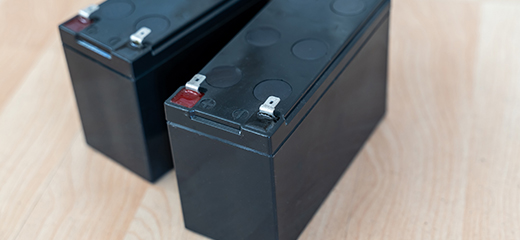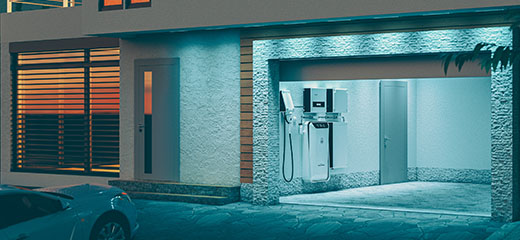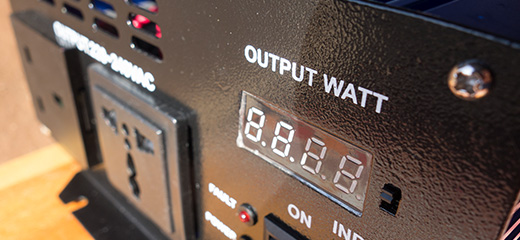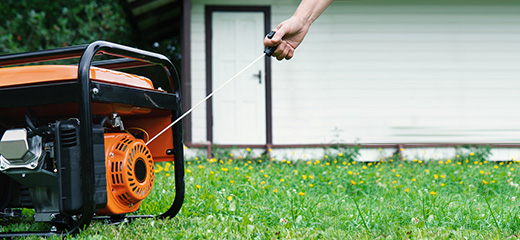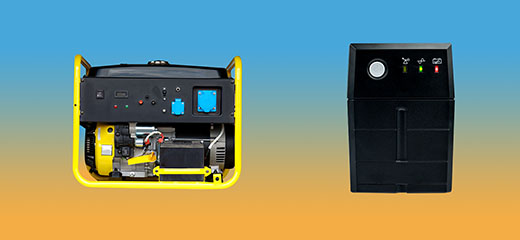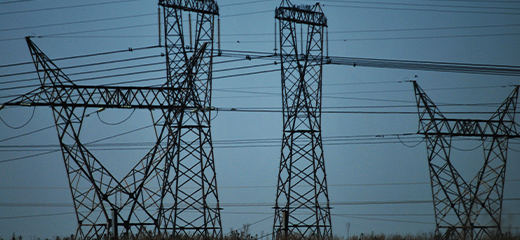
Understanding backup power options
Backup power options are a hot topic as South Africans look to protect their lifestyles from loadshedding and power outages.
While many people have strong opinions about which options are best, finding the right solution for your home and family depends on your specific requirements and budget. A good place to start on this journey is to understand the different types of backup power options available for homes and how they compare.
While many people have strong opinions about which options are best, finding the right solution for your home and family depends on your specific requirements and budget. A good place to start on this journey is to understand the different types of backup power options available for homes and how they compare.
Solar power
One of the hottest topics in South Africa, these systems use solar panels to harvest electricity from direct sunlight and include an inverter and battery storage if you wish to store excess electricity for non-sunlight periods.
Solar solutions can be customised to meet your home, needs and budget. While the idea of going ‘off-the-grid’ and disconnecting from Eskom may be attractive, the size of such an installation can be prohibitively expensive. What’s more, this means that the home cannot turn to municipal power for extended periods of cloudy weather.
The more common approach is to opt for a hybrid system where your home remains connected to the grid. These solutions also allow homeowners to select a configuration that will fit their immediate needs and budget, with options to upgrade or extend at a later stage.
What’s more, President Cyril Ramaphosa recently revealed that the government is currently working on plans and structures that will allow homeowners to sell their excess solar power back to the grid. This means that households could lower their monthly electricity bill even more.
Fixed backup
These large systems are made up of an inverter and battery storage and can be used to power most of your home’s needs. Fixed backup solutions are installed directly into your home’s electrical board, meaning they switch on automatically when an outage occurs.
With a large range of brand, technology and configuration options available, fixed backup system prices vary widely. However, the modular make-up of these solutions means that you can increase your battery storage or easily upgrade to a solar solution at a later stage.
Portable backup
These affordable devices are perfect for powering your essential small and medium-sized appliances during loadshedding such as lights, Wi-Fi, internet, TV, decoder, laptop and cellphones. What’s more, you won’t have to worry about your family and neighbours complaining about the noise.
Portable backup power solutions come in a range of sizes and capacities and, as they do not use petrol or diesel to charge, are also far more cost-effective to run and do not emit toxic gasses that could be harmful to your family.
As these solutions are not wired into the main electrical board of the home, you will need to plug your appliances directly into the backup. However, these solutions are portable which means you can take them to where you need them. Charging is easy through a wall plug, but some portable backup solutions offer the ability for car and solar panel charging.
Generators
Generators are often the first option considered for a home because of their relatively low purchase price. However, thought should be given to running costs as stage 4 loadshedding could see you spending upwards of R2 000 a month on petrol or diesel to keep your generator going. It’s also worth noting that these typically need to be started manually.
Other aspects to consider before going this route are air pollution and noise levels. In fact, it is these reasons that have driven many complexes and homeowners’ associations to ban the running of generators. Like cars, the burning of petrol or diesel to generate electricity results in emissions that are not only toxic to your family, but also to the environment at large. Generators need to be run in an area away from the home and boundary walls with proper ventilation and protection from the elements.
Head to LookSee for a range of quality power solutions with convenient financing options.
